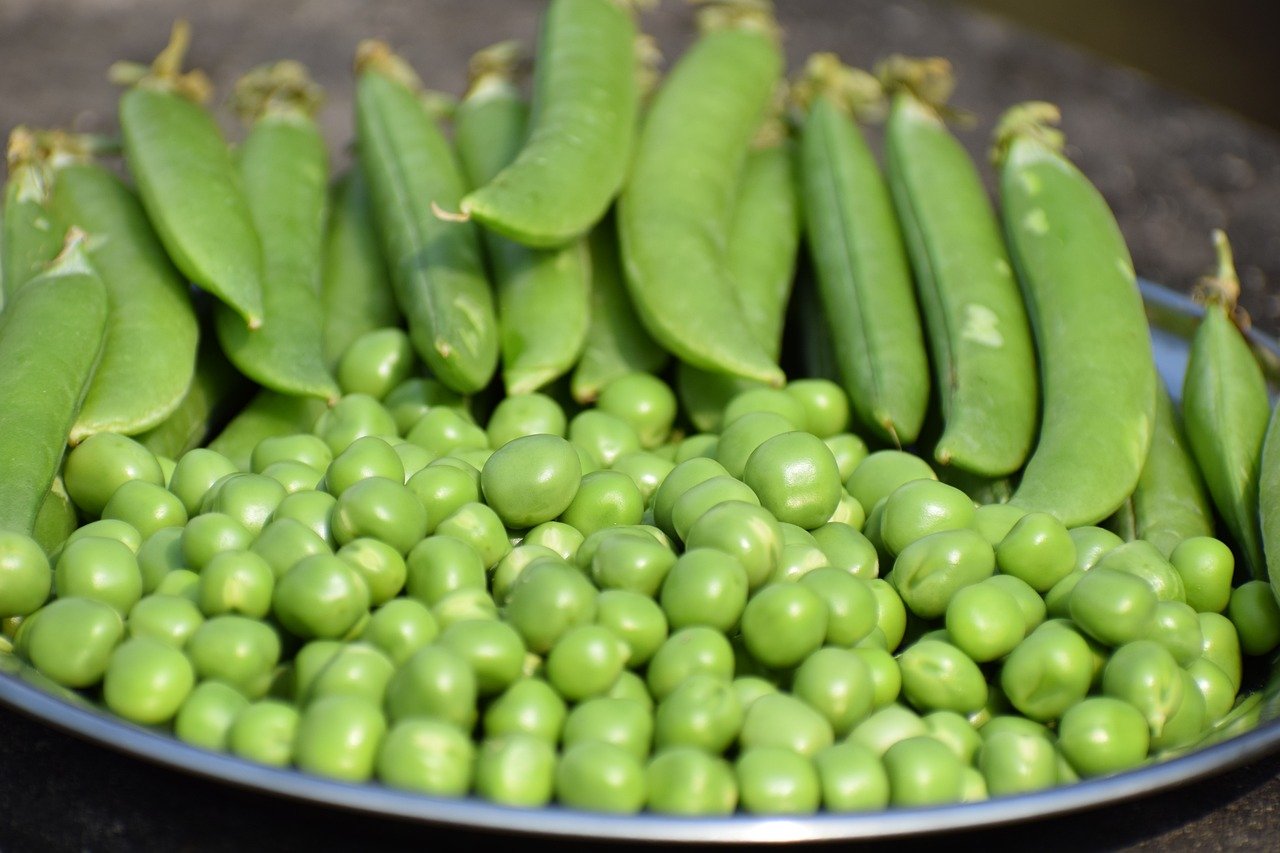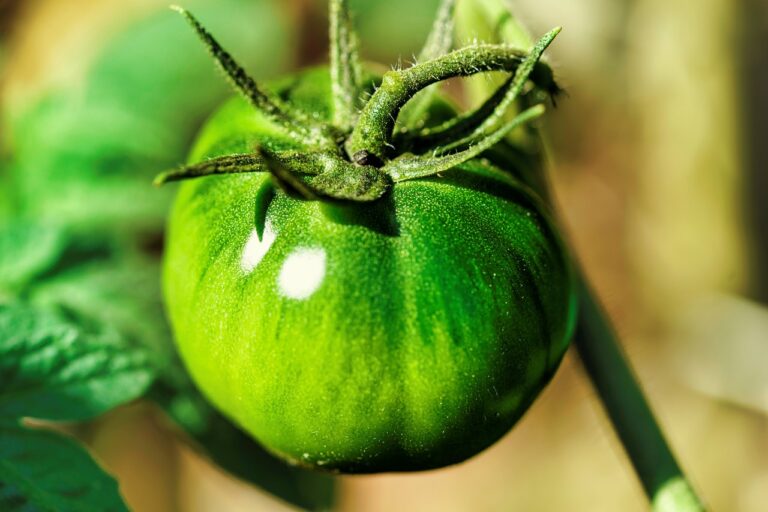Food and Technology: Exploring Advances in Food Production and Distribution
In recent years, agricultural machinery has undergone significant advancements, revolutionizing the way farmers approach their work. From autonomous tractors to precision planting equipment, these technological developments have improved efficiency and productivity in the agricultural sector. Farmers can now benefit from high-tech machinery that enables them to streamline their operations and make more informed decisions based on data-driven insights.
One notable advancement is the integration of sensors and GPS technology into farm equipment, allowing for precise monitoring and control of farming activities. These tools enable farmers to optimize resource usage, reduce waste, and enhance crop yields. Additionally, the use of robotics in agricultural machinery has enabled tasks to be performed with greater accuracy and consistency, ultimately leading to improved outcomes for farmers.
Utilizing Drones for Crop Management
Drones have emerged as valuable tools in modern agriculture for optimizing crop management practices. These unmanned aerial vehicles equipped with advanced sensors provide real-time data to farmers, allowing them to monitor the health and growth of their crops with precision and efficiency. By capturing high-resolution images of fields from above, drones enable farmers to detect early signs of stress factors such as pest infestations, nutrient deficiencies, or diseases, helping them take timely corrective actions to protect their crops.
Moreover, the use of drones in crop management also enhances decision-making processes in agriculture. With the ability to gather detailed information on crop conditions across large areas quickly, farmers can make more informed choices regarding irrigation, fertilization, and pest control strategies. This targeted approach not only improves crop yields and quality but also minimizes input wastage, ultimately leading to more sustainable and cost-effective farming practices.
The Impact of Biotechnology on Food Production
Biotechnology has revolutionized food production by enhancing crop yields, improving crop resilience to pests and diseases, and increasing the nutritional value of food products. Genetic engineering techniques have allowed scientists to modify plants to be more resistant to environmental stressors, ultimately leading to more sustainable agricultural practices. By introducing genes that code for specific desirable traits, such as drought tolerance or increased vitamin content, biotechnology has the potential to address food security challenges and improve global nutrition.
Another significant impact of biotechnology on food production is the development of genetically modified organisms (GMOs) that can withstand herbicides, reducing the need for manual weed control and increasing overall crop productivity. This has not only streamlined farming practices but also minimized the environmental impact of chemical use in agriculture. Additionally, biotechnology plays a crucial role in creating crops with enhanced shelf life, reducing food waste and increasing the availability of fresh produce to consumers worldwide.
• Biotechnology has revolutionized food production
• Enhancing crop yields and improving resilience to pests and diseases
• Increasing nutritional value of food products
• Genetic engineering techniques have allowed modification of plants for sustainability
Another significant impact of biotechnology on food production:
• Development of genetically modified organisms (GMOs) resistant to herbicides
• Reducing manual weed control and increasing crop productivity
• Minimizing environmental impact of chemical use in agriculture
Biotechnology also plays a crucial role in:
• Creating crops with enhanced shelf life
• Reducing food waste
• Increasing availability of fresh produce to consumers worldwide
What are some of the advancements in agricultural machinery that have impacted food production?
Some advancements in agricultural machinery include GPS technology for precision farming, automated machinery for planting and harvesting, and sensor technology for monitoring crop health.
How are drones being used in crop management?
Drones are being used for tasks such as aerial imaging to monitor crop health, applying pesticides and fertilizers with precision, and mapping fields for better planning and management.
What is the overall impact of biotechnology on food production?
Biotechnology has allowed for the development of genetically modified crops that are more resistant to pests and diseases, have higher yields, and are more nutritious. This has helped to increase food production and improve global food security.







